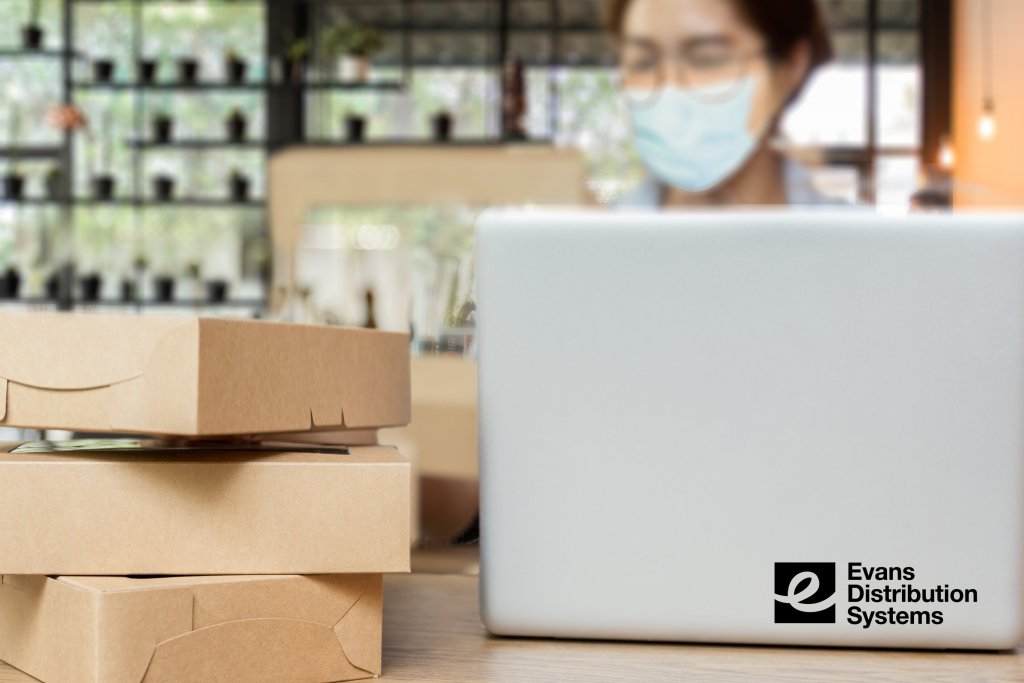
The novel coronavirus pandemic brought about a surge in ecommerce. Consumers, retailers, and distributors were pressed to adopt ecommerce due to stay-at-home orders, mandated store closures, and forced shutdowns. The concept of ecommerce is definitely not new, but for some businesses without an online presence, the practice can be overwhelming – especially when it must be implemented quickly. Fortunately, some third-party logistics providers can assist with online order fulfillment. Nevertheless, the fulfillment environment has changed, and online order fulfillment strategies should be top-of-mind going forward.
Consumers
COVID-19 forced millions of consumers to shop online and consequently create and reinforce new buying behaviors. Consumers learned quickly to plan purchases ahead, buy only what they need, and have patience. As the crisis forged on, retailers enabled new omnichannel and “contactless” purchasing options. Customers grew accustomed to buy online and pick up in-store (BOPIS), buy online and pick up at curb (BOPAC), and at-home delivery. Now, as restrictions are lifted, consumers will have higher expectations for ecommerce. Consumers will expect free or low-cost shipping, prompt receipt of purchases, and free, easy returns.
As the virus lingers, many customers will be reluctant to return to stores for fear of getting sick, and in turn, becoming more reliant on ecommerce and home delivery. Nevertheless, the ease of omnichannel purchasing will remain attractive going forward.
Retailers
For the past few months, many retail businesses had to shift focus to managing online sales to stay afloat. Retailers had to find new and innovative ways to fulfill their online demand. Flexible fulfillment became imperative. Customers want to be able to buy online and pick up in store quickly – within hours of placing an order. As stores reopen, retailers must have products in stock. This requires a keen focus on inventory management and demand forecasting. Associates should be able to quickly locate and access products. Retailers will likely need more personnel to handle picking, packing, and delivery to customers.
As the coronavirus subsides, retailers must fulfill normal store replenishment for both in-store purchases and BOPIS. Retailers must also be able to support an increase in ecommerce, as well as, fulfill these orders quickly.
Distribution Centers & 3PLs
As ecommerce activity increases, many businesses may become unequipped to handle it in-house. These companies should consider partnering with a third-party logistics provider (3PL). A 3PL allows businesses to be more adaptable as pandemic-related restrictions are lifted. For store replenishment, 3PLs can handle full-case, full-pallet picking, and crossdocking. They can also fulfill ecommerce orders by picking, packing, and delivering. 3PLs can also manage processing returns.
In addition, 3PLs offer inventory management, personnel and training, small parcel coverage and competitive rates, and software systems that are required for successful fulfillment operations.
Evans Distribution Systems was deemed an essential business and remained open throughout the pandemic. Evans had the opportunity to learn, adapt, and grow, as well as, continue to support and navigate its customers through the crisis. In a sense, Evans has gotten stronger, and is ready to support you and your ecommerce fulfillment.
For more information, click here to visit Evans’ fulfillment page.
